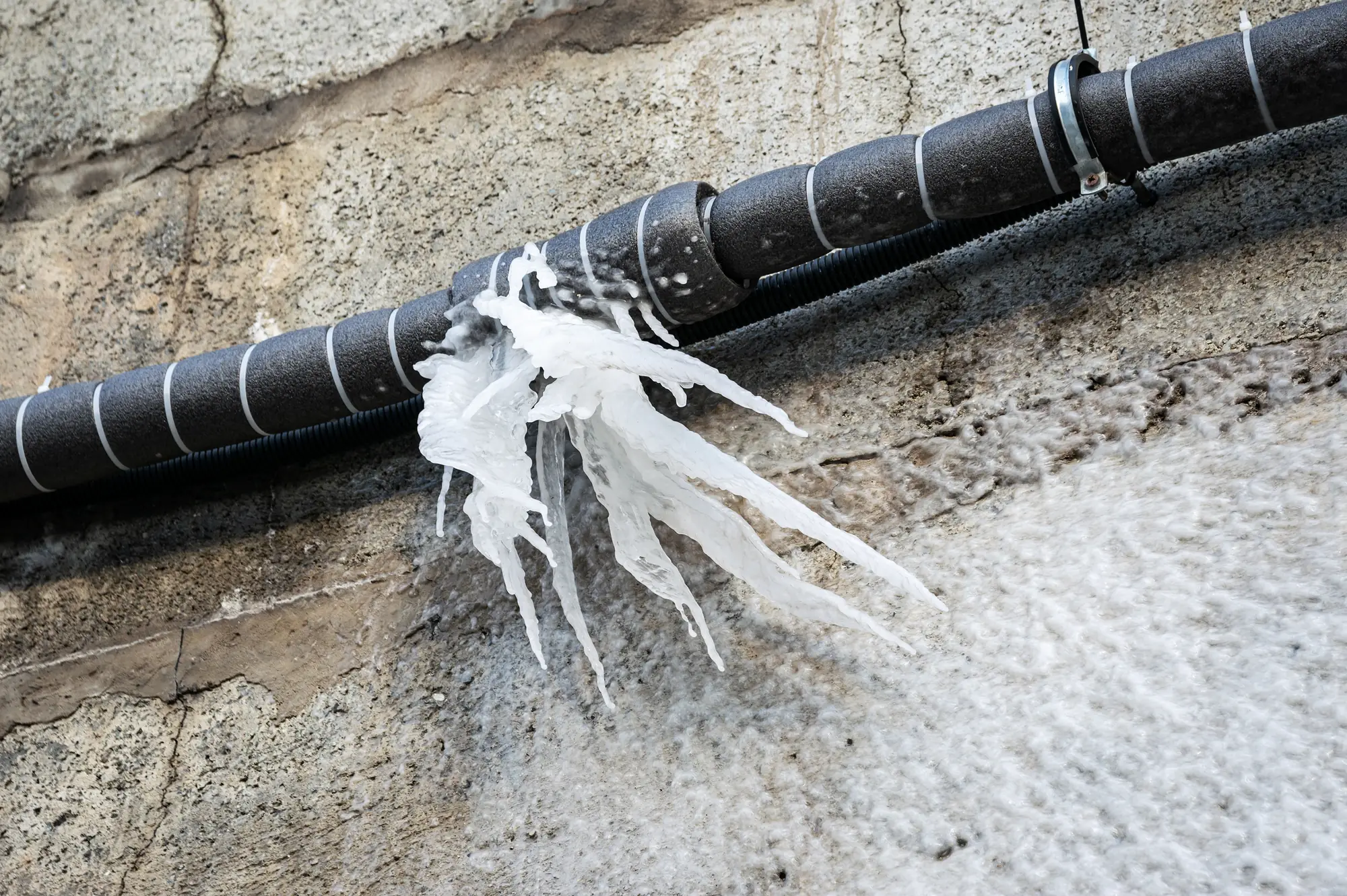
Hear From Our Customers
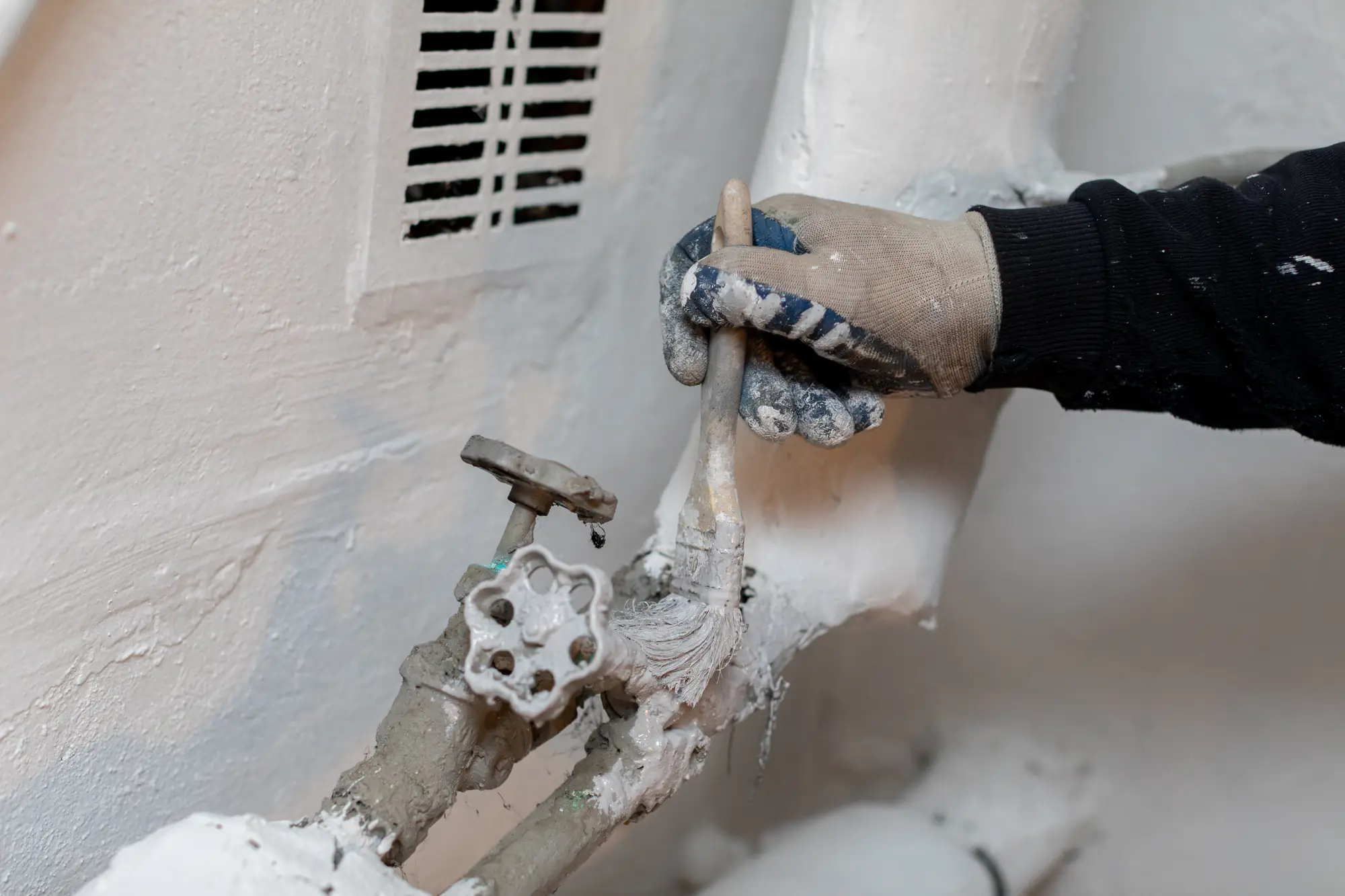
When your pipes freeze in Orland Hills’ brutal winters, every minute counts. You turn on the faucet and nothing comes out, or worse—you hear water running where it shouldn’t be.
That sinking feeling hits when you realize frozen pipes could mean thousands in water damage. Your floors, walls, and belongings are all at risk if those pipes burst when they thaw.
We get your water flowing again fast, using professional thawing equipment that won’t damage your pipes. No guesswork, no risky DIY attempts that could make things worse—just proven techniques that work.
We’ve been Chicago’s trusted emergency plumber since 1995, and we know exactly what Orland Hills winters do to your plumbing. When January temperatures drop to 24 degrees and stay there, pipes freeze fast—sometimes in just six hours.
We’re the family-owned company that shows up when others can’t. Licensed, bonded, and insured, with technicians who’ve seen every type of frozen pipe situation this area throws at us.
Our trucks are stocked and ready to roll 24/7 because frozen pipes don’t wait for business hours. We’ve built our reputation on fair pricing, honest service, and getting the job done right the first time.
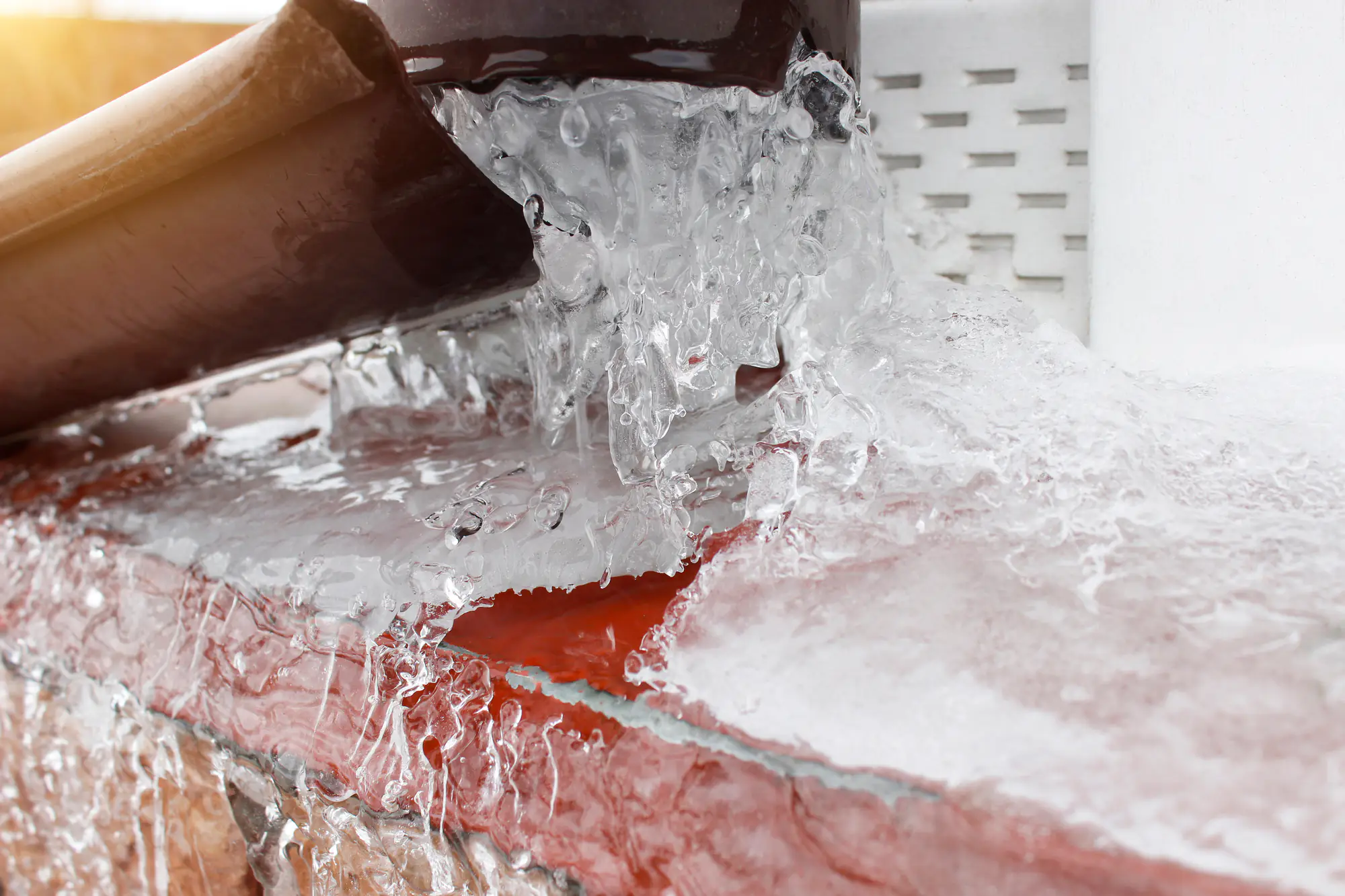
First, we shut off your main water supply and open your faucets to relieve pressure—this prevents pipes from bursting as they thaw. Then we locate the frozen section using professional techniques and equipment.
We apply controlled, gentle heat using specialized thawing equipment—never open flames or extreme heat that could crack your pipes. Our technicians work systematically from the faucet end toward the blockage, allowing water to flow as the ice melts.
Once water flows normally, we inspect every inch for cracks or damage. If we find issues, we handle repairs immediately. Before we leave, we’ll show you how to prevent future freezing and recommend any insulation improvements your home needs.
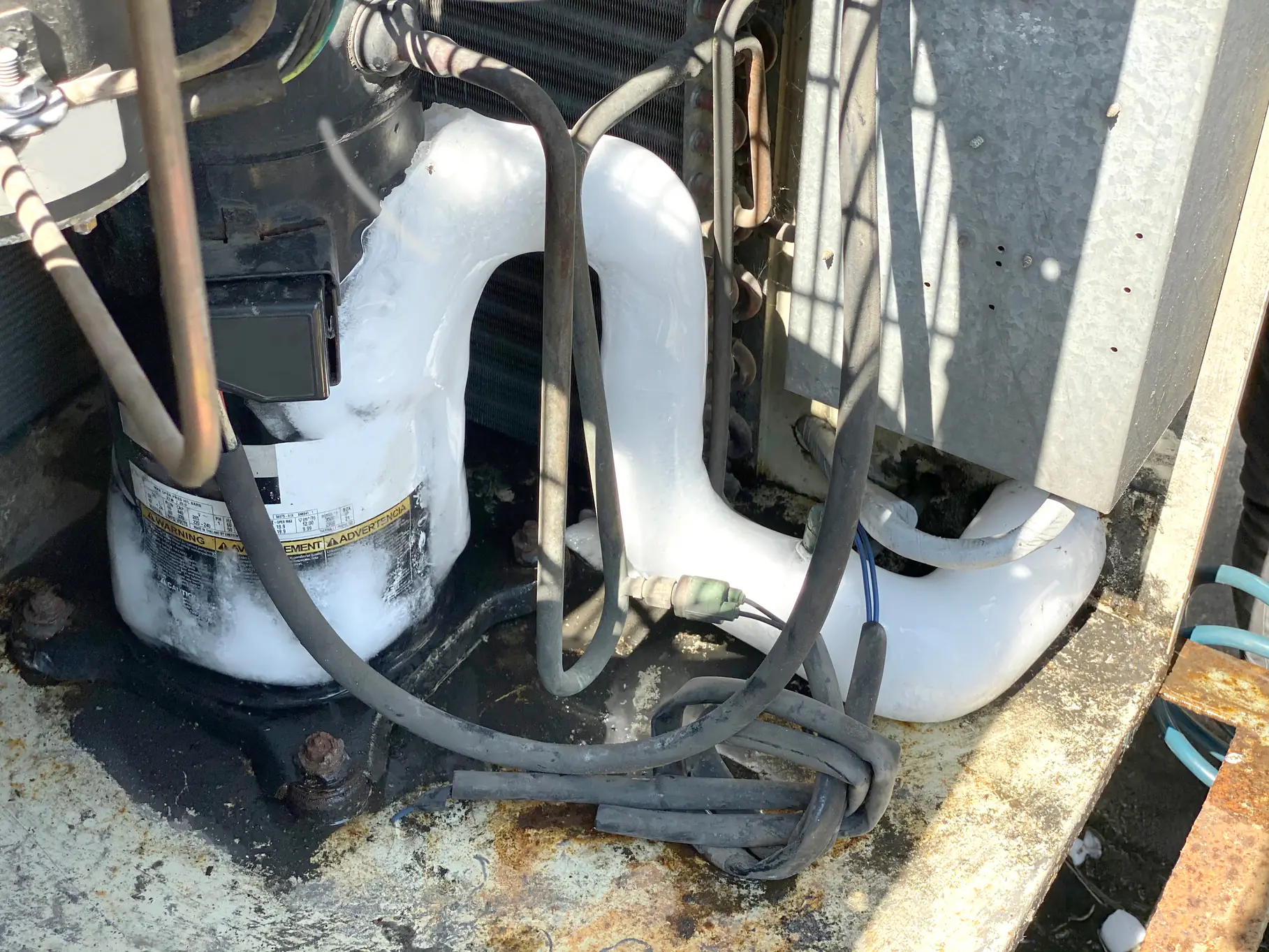
Ready to get started?
Our frozen pipe repair service includes professional thawing, burst pipe repair, water damage prevention, and emergency water shut-off assistance. We bring specialized equipment that safely thaws pipes without causing damage—something you can’t get from DIY methods.
In Orland Hills, we see frozen pipes most often in unheated basements, crawl spaces, and pipes running along exterior walls. The village’s older homes are especially vulnerable, with many built before modern insulation standards.
We also handle the aftermath—if pipes have already burst, we’ll stop the flooding, repair the damage, and get your plumbing system back to normal. Our service includes a one-year warranty on parts and labor, plus upfront pricing so you know exactly what you’re paying.
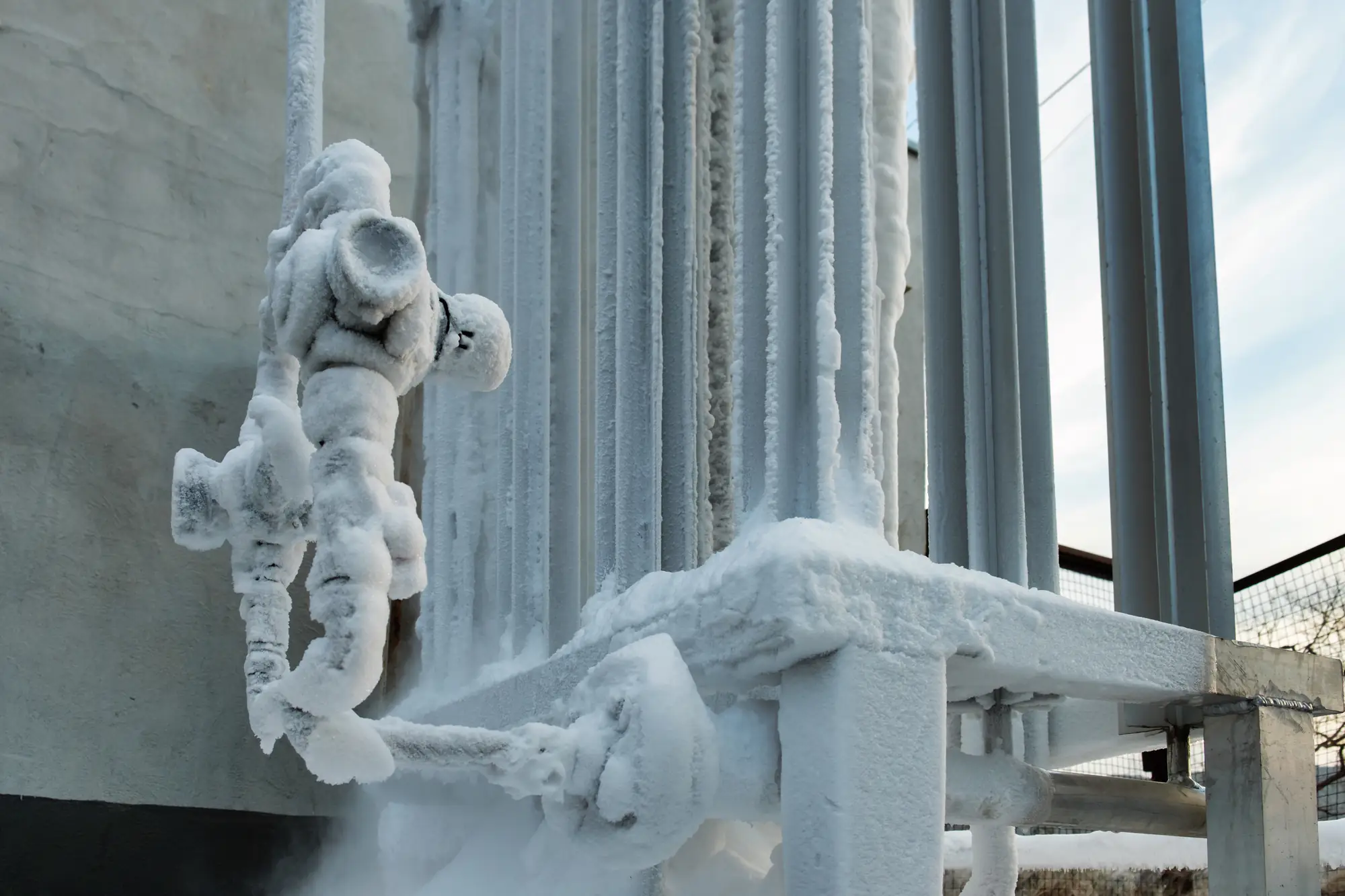
We typically arrive within 30-60 minutes for frozen pipe emergencies in Orland Hills. Our trucks are strategically positioned throughout the Chicago area, and we maintain 24/7 availability during winter months when frozen pipes are most common.
Time is critical with frozen pipes because the longer they stay frozen, the higher the risk of bursting. We prioritize these calls and dispatch the nearest available technician immediately. During extreme cold snaps, we may have slightly longer response times due to high demand, but we’ll give you an honest timeframe when you call.
While there are some safe DIY methods like using a hair dryer on low heat, we strongly recommend calling professionals for frozen pipes. Attempting to thaw pipes yourself can lead to bursts, fires, or electrical hazards—especially if you use the wrong techniques.
Many homeowners try using open flames, boiling water, or excessive heat, which can crack pipes or create dangerous situations. Professional plumbers have specialized equipment that applies controlled, even heat without damaging your plumbing. We also know how to properly relieve pressure and identify potential damage before it becomes a bigger problem.
The cost of professional service is minimal compared to the thousands in water damage that can result from a DIY mistake.
Orland Hills’ winter temperatures regularly drop below 32 degrees, with January averages around 24 degrees. Pipes freeze when this cold air reaches uninsulated or poorly insulated plumbing, typically in basements, crawl spaces, attics, or along exterior walls.
The most vulnerable pipes are those in unheated areas or where cold air can penetrate through gaps in insulation. Homes built before modern building codes often lack adequate pipe insulation. Quick temperature drops, power outages, and thermostats set too low also contribute to freezing.
Even a small gap in your home’s insulation can expose pipes to freezing air. We often see problems in homes where pipes run through exterior walls without proper insulation or where basement windows allow cold air to reach plumbing.
A burst pipe can release 8-10 gallons of water per minute, and even a small 1/8-inch crack can leak 250 gallons per day. If you’re away from home when pipes burst, you could return to thousands of gallons of water throughout your house.
Water damage from burst pipes often affects flooring, drywall, furniture, and personal belongings. The longer the water flows, the more extensive and expensive the damage becomes. Mold can start growing within 24-48 hours in wet areas, creating additional health and remediation costs.
This is why we emphasize quick response times for frozen pipes—catching the problem before pipes burst saves you thousands in water damage repairs. Professional thawing prevents the pressure buildup that causes pipes to rupture in the first place.
Yes, we provide 24/7 emergency frozen pipe repair service every day of the year, including holidays and weekends. Frozen pipes don’t follow business hours, and neither do we. Our emergency technicians are always on call during winter months.
We maintain the same response times and service quality regardless of when you call. There are no extra charges for after-hours, weekend, or holiday service calls—our pricing stays consistent because we believe emergencies shouldn’t cost you more just because of timing.
Our phones are answered by real people, not automated systems, so you’ll speak directly with someone who can dispatch help immediately. We understand that frozen pipes create stress and urgency, especially during cold snaps when the problem could worsen quickly.
The most effective prevention methods include insulating pipes in unheated areas, sealing air leaks that let cold air reach plumbing, and maintaining consistent indoor temperatures above 55 degrees. Keep cabinet doors open under sinks to allow warm air circulation around pipes.
During extremely cold weather, let faucets drip slightly—moving water is much harder to freeze than standing water. Disconnect and drain outdoor hoses before winter, and shut off exterior water valves from inside your home.
After we complete your frozen pipe repair, we’ll identify the vulnerable areas in your home and recommend specific insulation improvements. Many Orland Hills homes benefit from pipe insulation, heat tape, or sealing gaps where cold air enters basements or crawl spaces. These preventive measures cost far less than dealing with frozen pipes repeatedly.